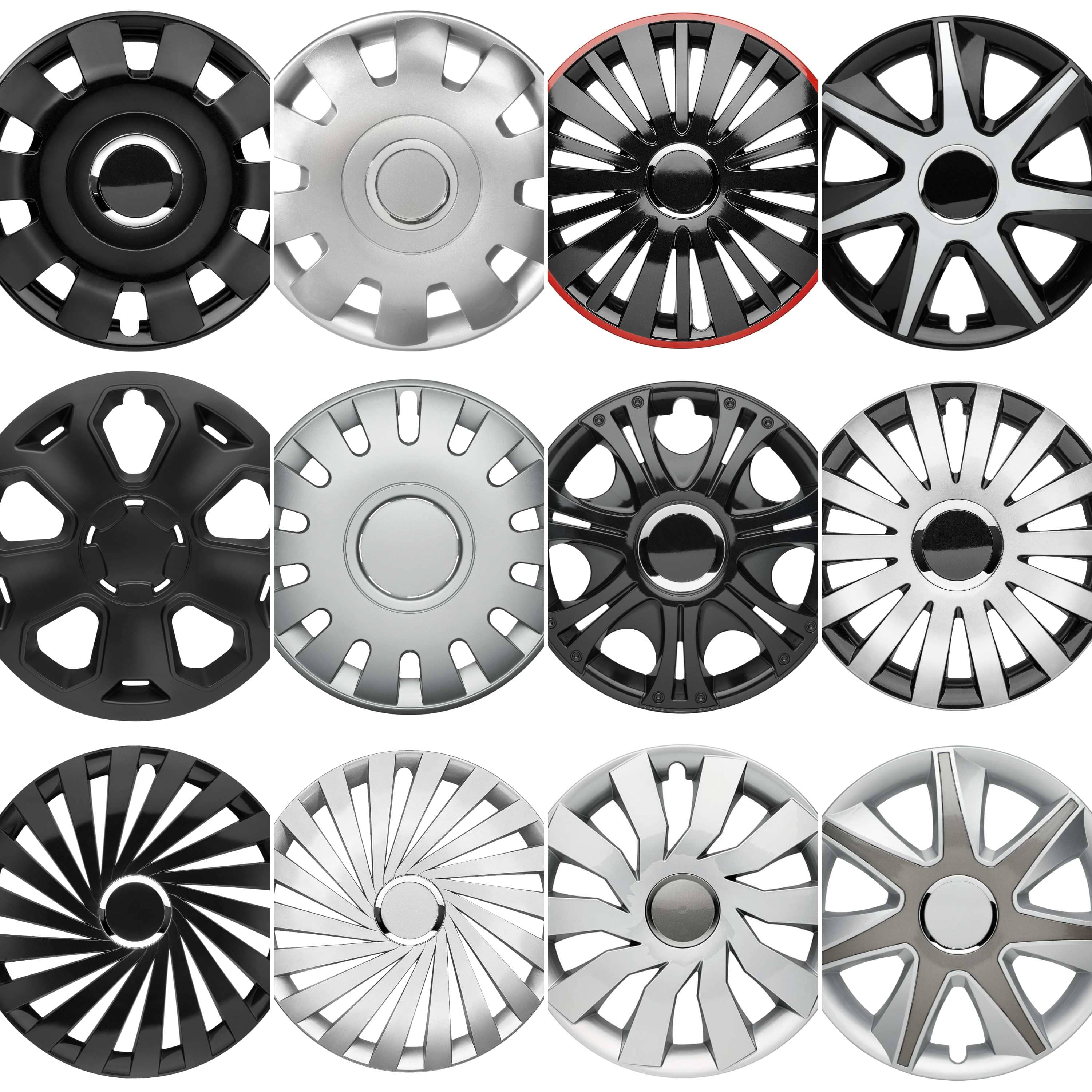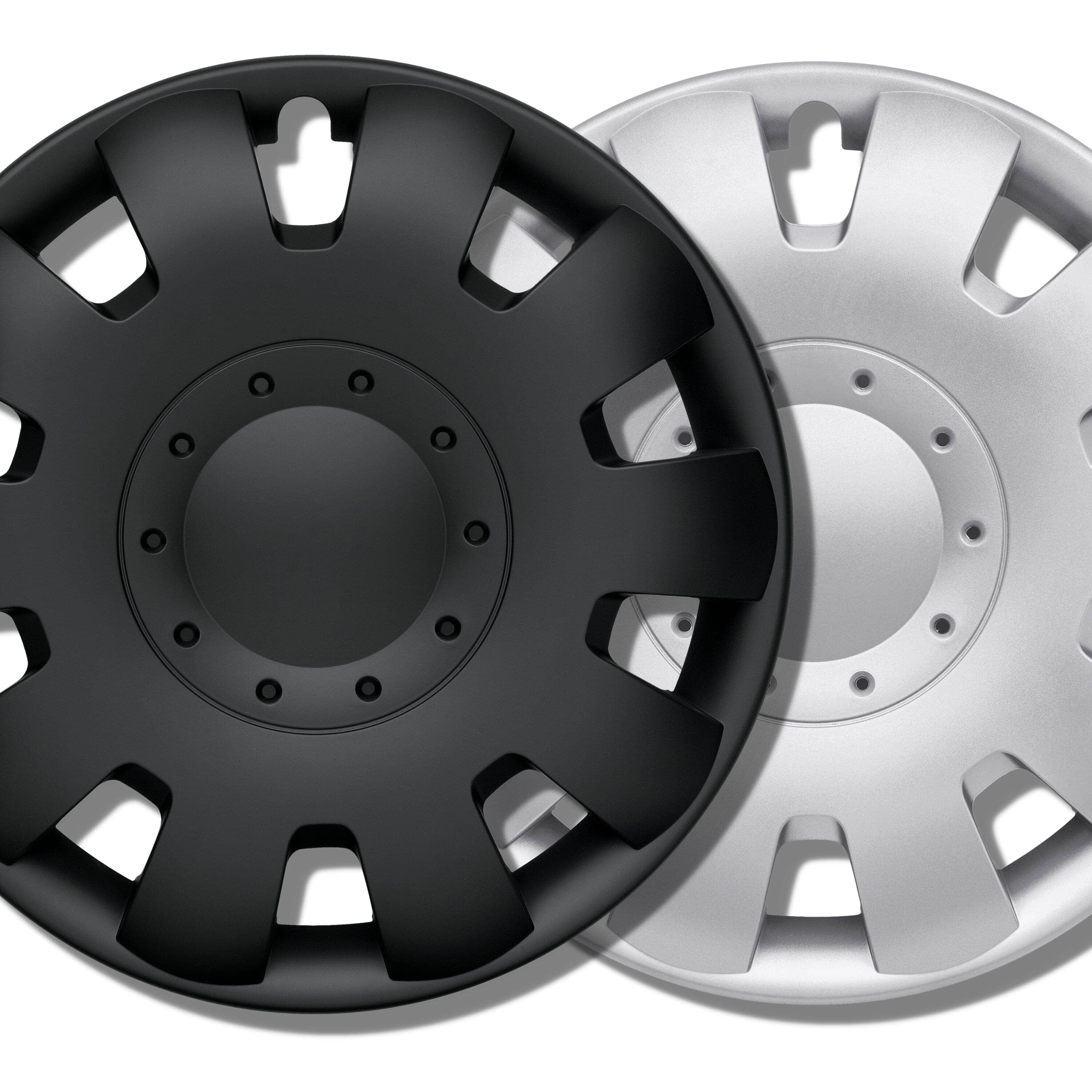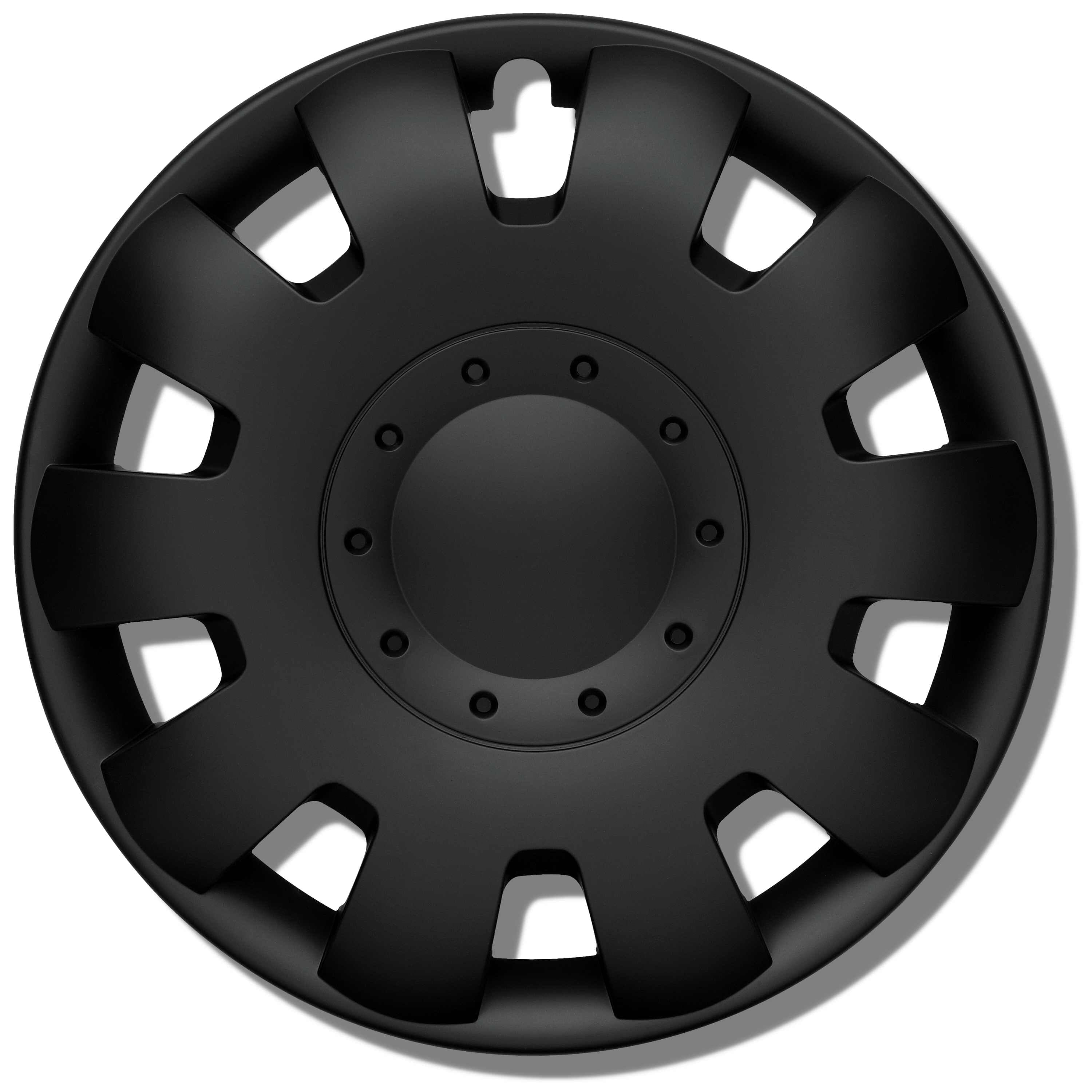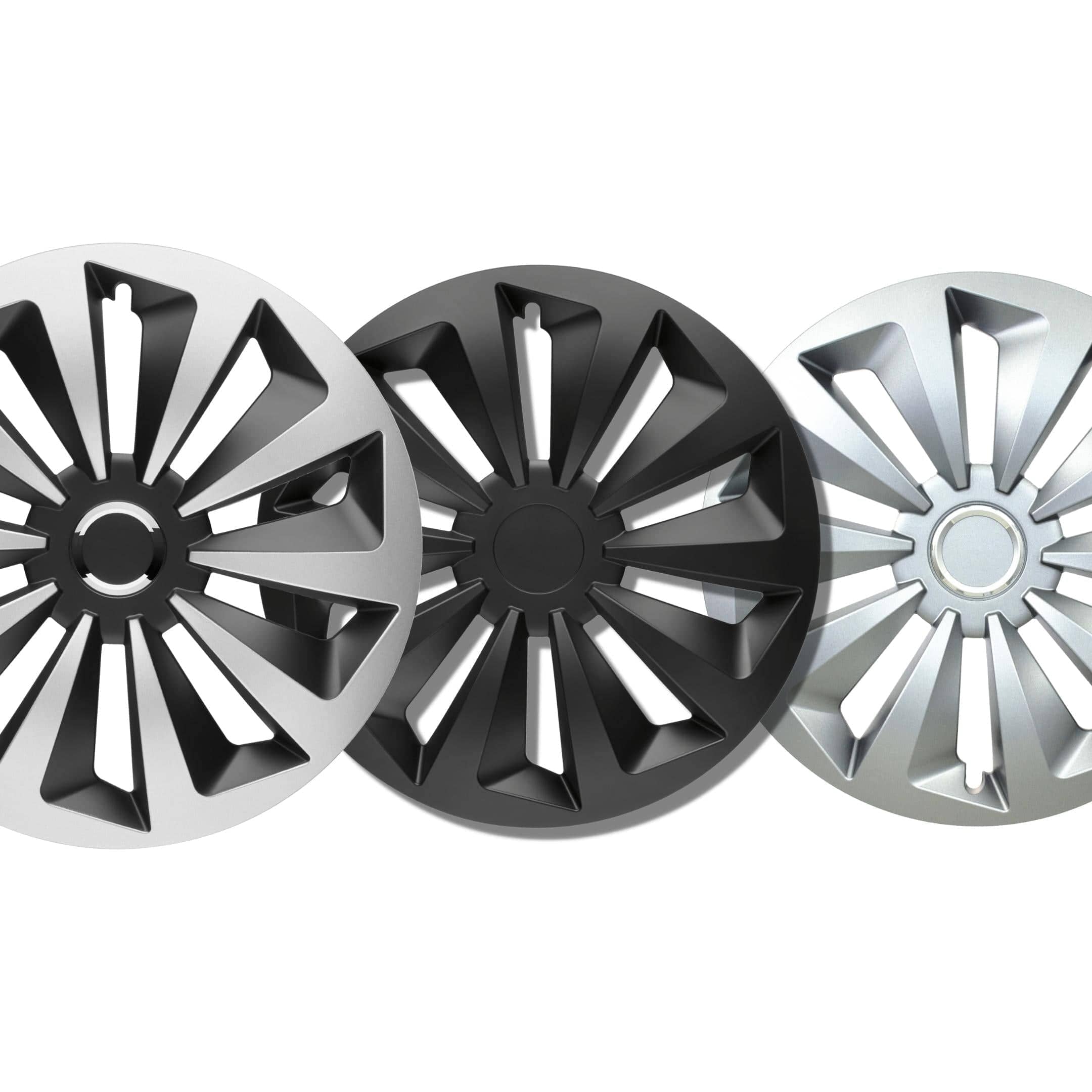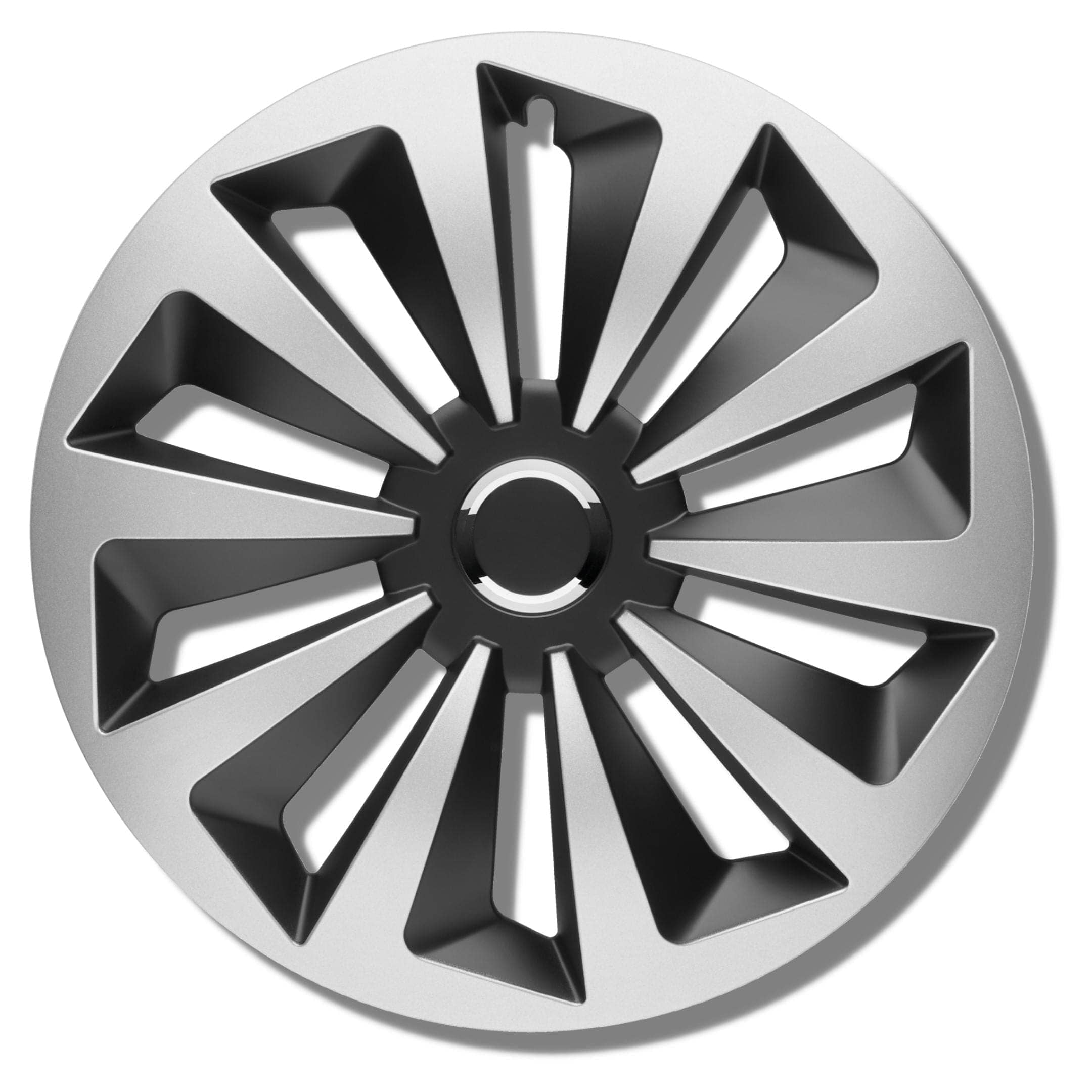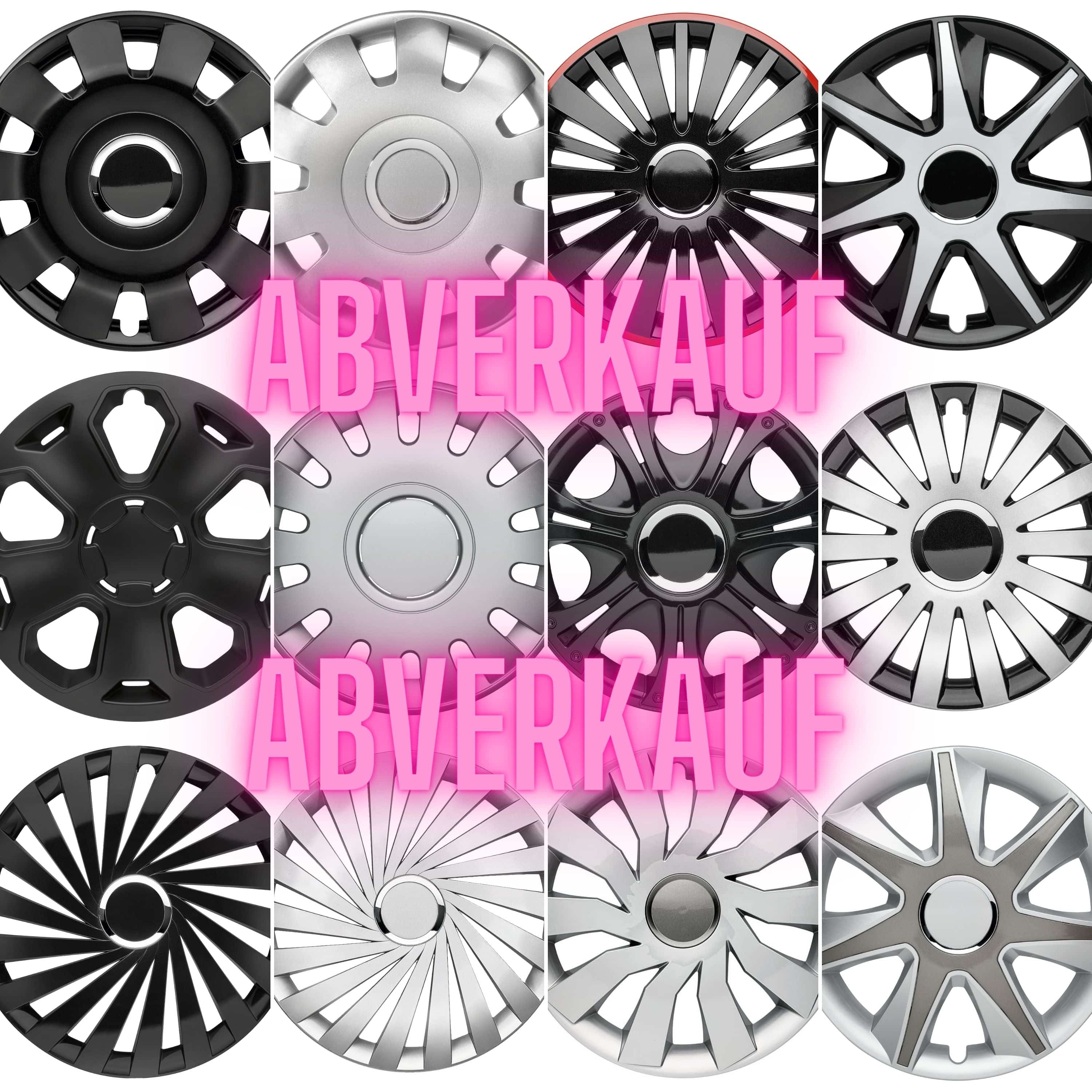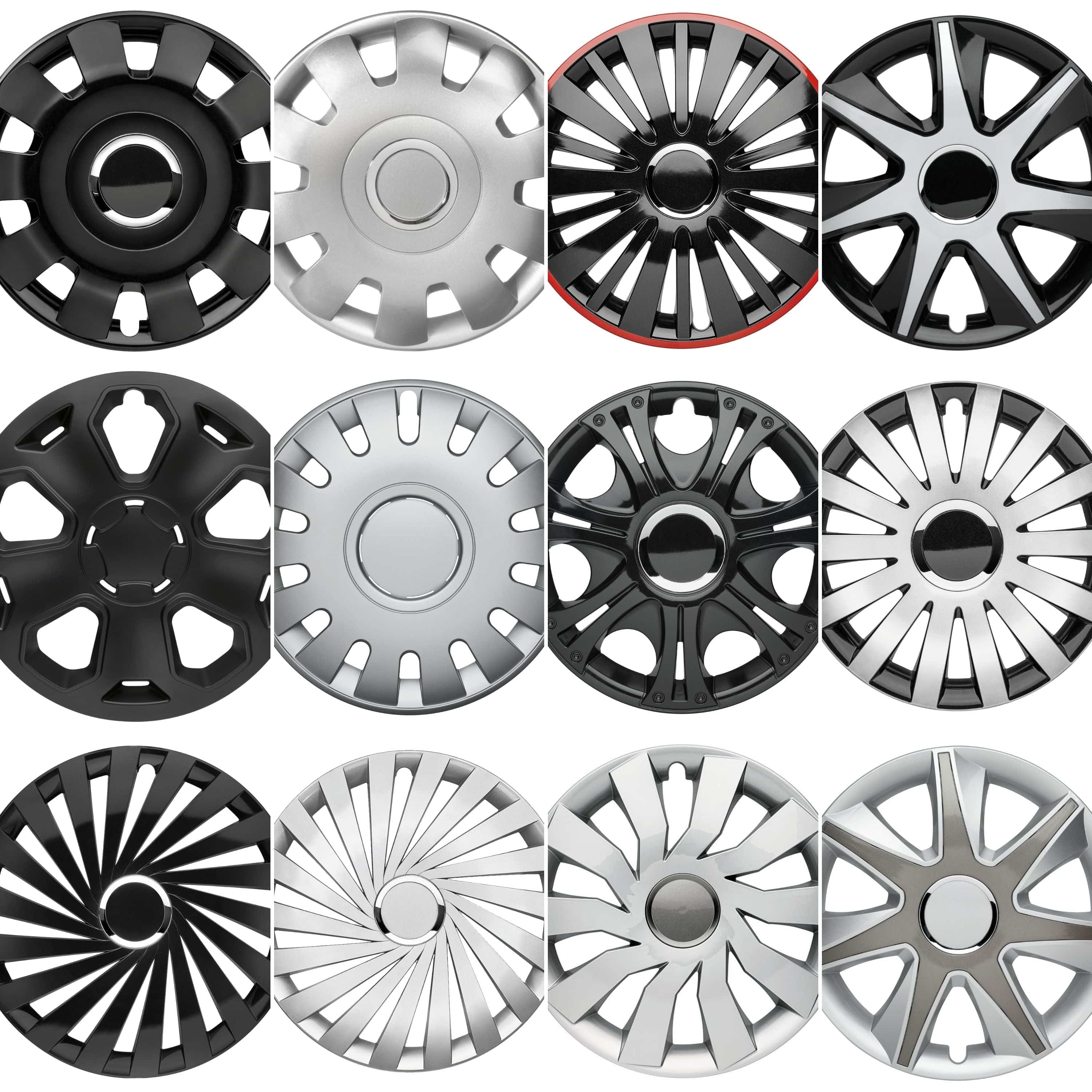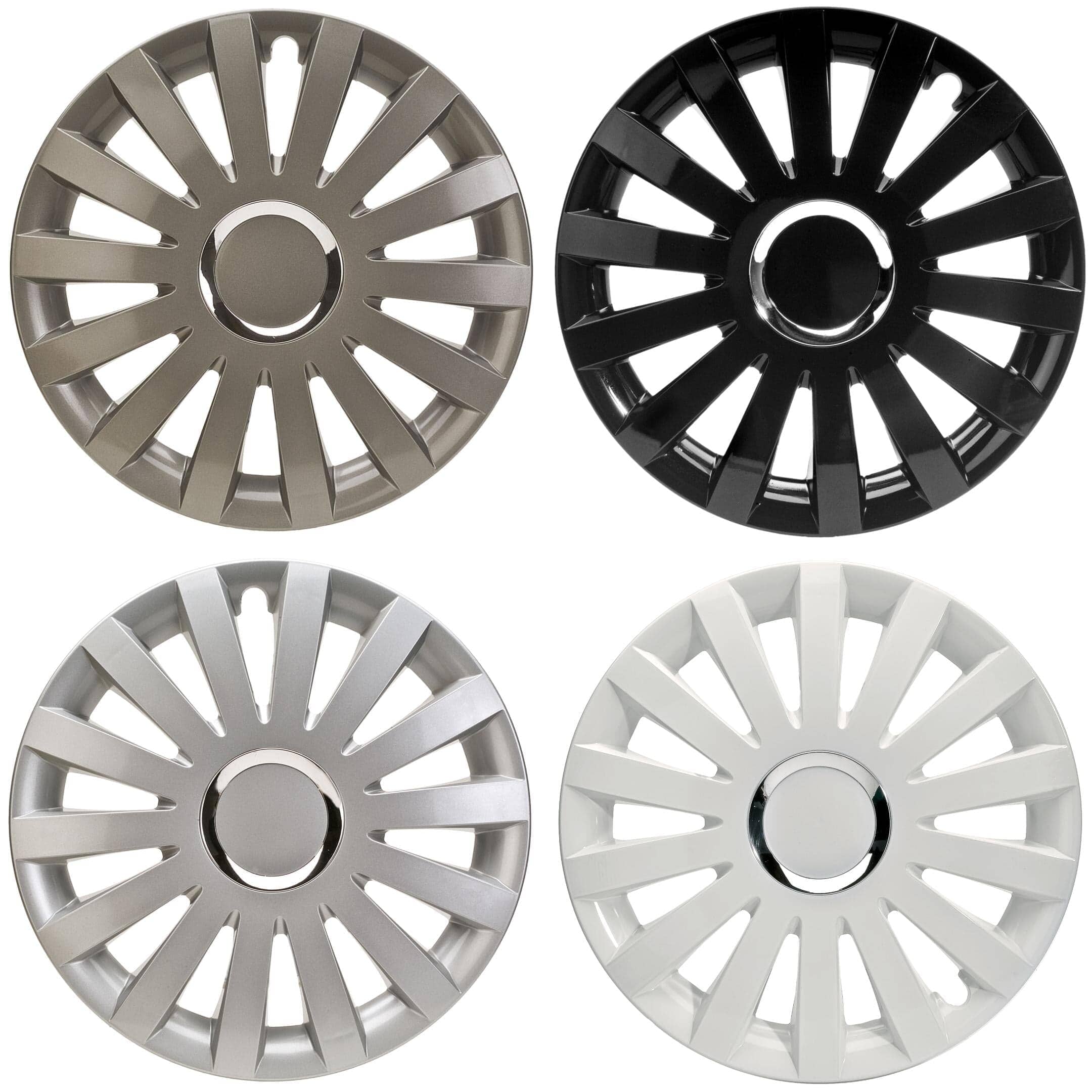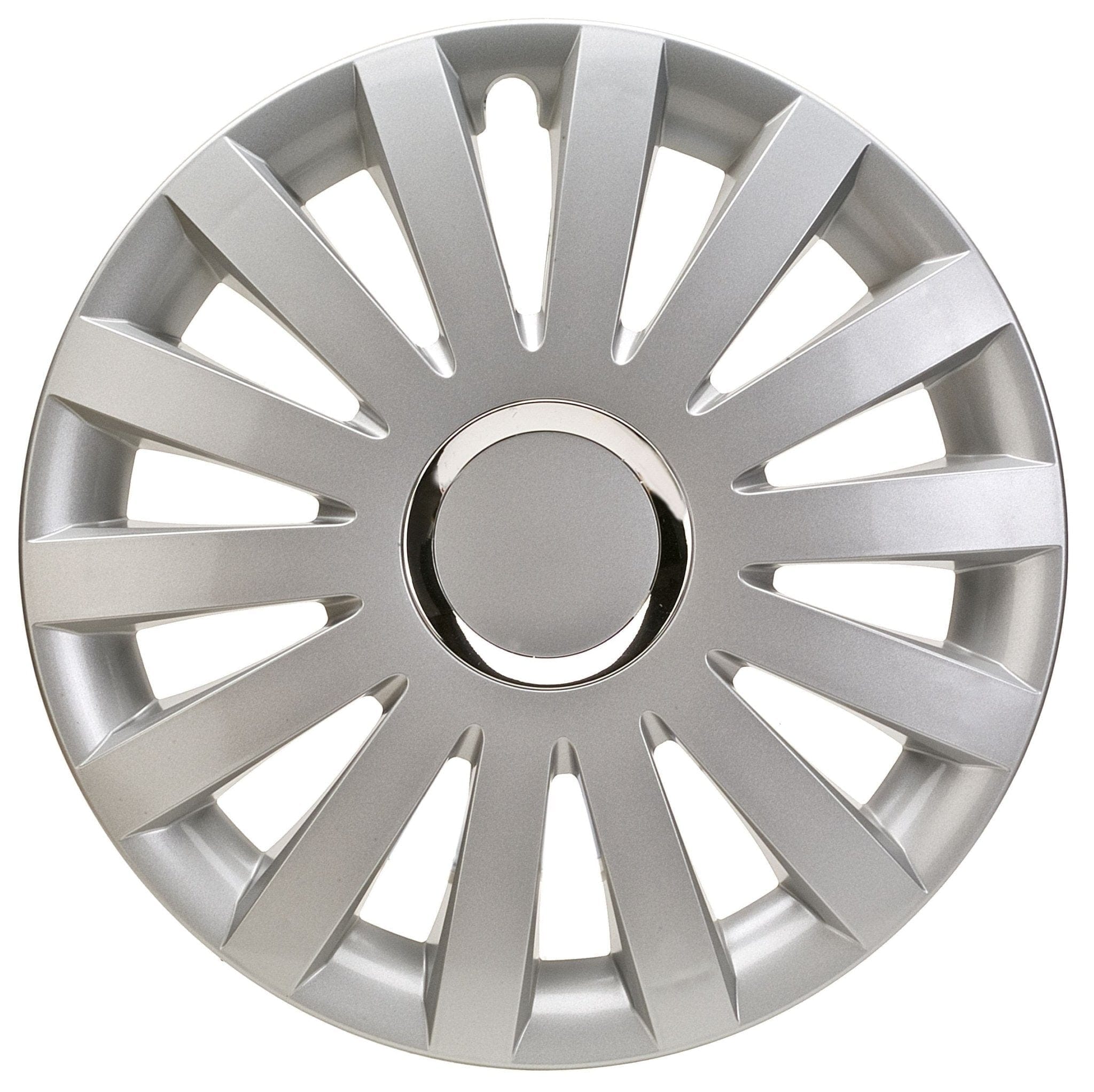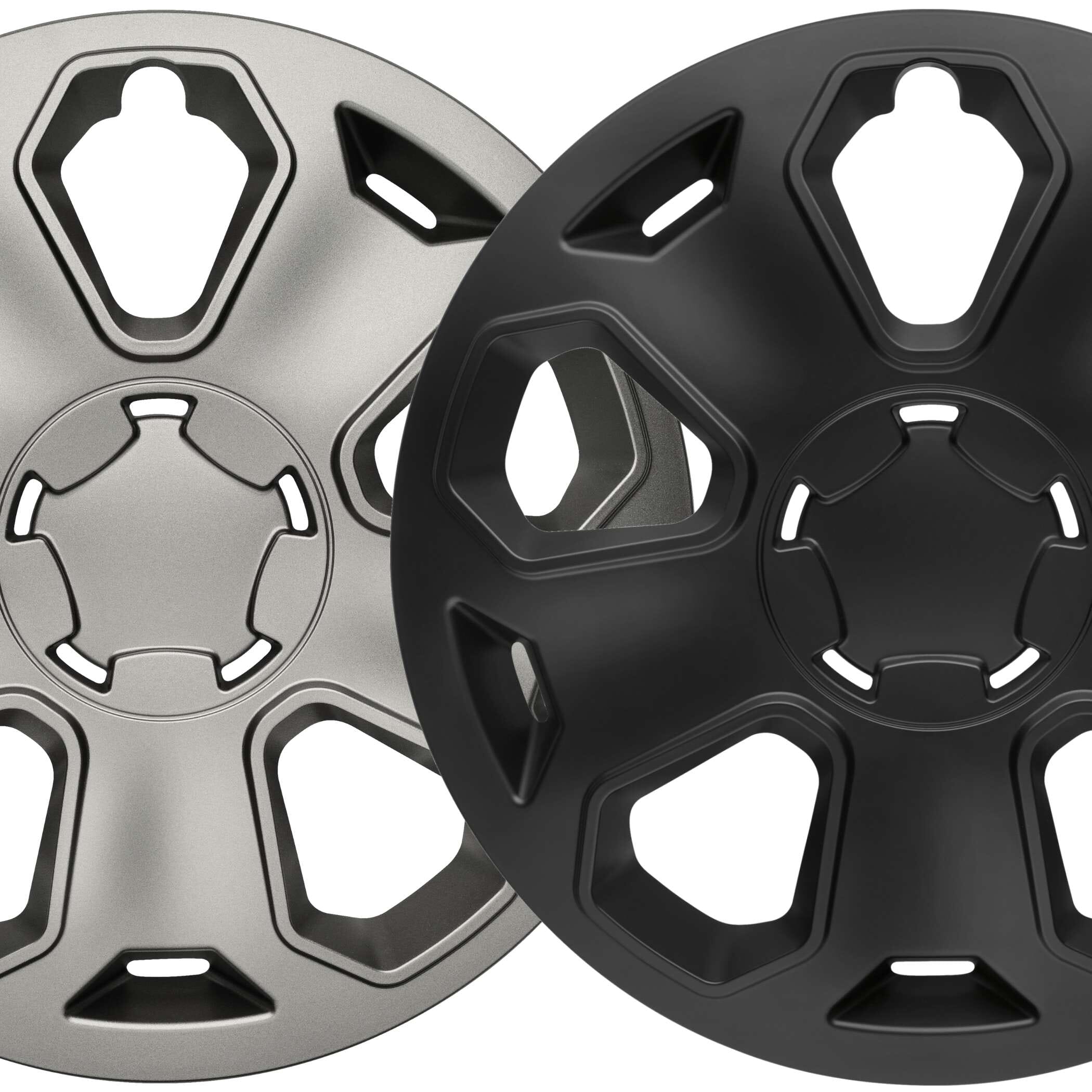
A guide to summer tires, winter tires and all-season tires
The right choice for every season
Tires are a crucial component of a vehicle that contribute significantly to safety, performance and driving comfort. Different types of tires are required depending on the different weather and road conditions in different seasons. In this blog post, we will look at the differences between summer tires, winter tires and all-season tires to help you choose the right tire for your needs.
Summer tires
Summer tires have been specially developed for use in warm temperatures and dry road conditions. They are characterized by the following features:
-
Rubber compound: Summer tires are made of a rubber compound that offers optimal grip at higher temperatures and good adhesion on dry roads. This ensures precise steering and efficient braking performance.
-
Tread design: The tread design of summer tires is designed to effectively drain water in rain and prevent aquaplaning. However, they can lose grip on snow-covered or icy roads.
-
Driving stability: Thanks to their design, summer tires offer high stability at faster speeds, which is beneficial for highway driving and winding roads.
Winter tires
Winter tires are designed to perform optimally even in cold temperatures, snow and ice. Here are some features of winter tires:
-
Rubber compound: Winter tires are made of a special rubber compound that remains flexible even at low temperatures. This means they retain their grip on slippery surfaces.
-
Tread design: The deeper tread grooves and sipes on winter tires improve traction on snow and ice. They enable better penetration into the snow and provide more grip.
-
Better braking performance: Winter tires offer improved braking performance on cold and slippery roads, increasing safety.
All-weather tires (all-season tires)
All-season tires, also known as all-season tires, are a combination of summer and winter tires and are designed to provide acceptable performance all year round. Here are some aspects of all-season tires:
-
Versatility: All-season tires are designed to perform well in both warm and cold weather conditions, making them a practical option for areas with mild winters.
-
Compromise solution: While all-season tires offer the advantage of being able to be used all year round, they are often a compromise and do not achieve the optimal performance of specialized summer or winter tires.
-
Rubber compound and tread: The rubber compound and tread design of all-season tires are designed to provide some traction on snow while also providing good performance on dry roads.
Conclusion:
The choice between summer tires, winter tires and all-season tires depends on the climatic conditions and your driving style. Summer tires are ideal for warm and dry conditions, winter tires offer optimal safety in cold weather and snow, while all-season tires are a practical solution for moderate conditions. The right choice of tires contributes significantly to the safety and performance of your vehicle. Remember to carry out regular maintenance and checks on your tires, regardless of the season.


